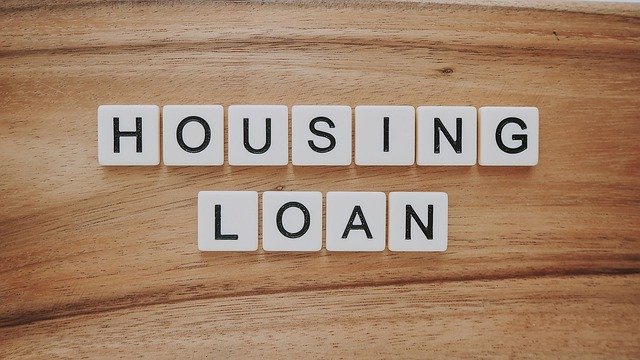Understanding Home Values in Canada: A Complete Guide
Getting an accurate understanding of your home's value is crucial whether you're buying, selling, or simply curious about your property's worth in today's Canadian real estate market. With fluctuating market conditions and regional variations across the country, knowing how to assess home values properly can help you make informed financial decisions and understand your property investment better.

What Factors Influence Home Values in Canada?
Several key elements determine property values across Canadian markets. Location remains the primary driver, with proximity to schools, transportation, employment centers, and amenities significantly impacting worth. The age and condition of the property, including recent renovations and maintenance history, directly affect valuation. Square footage, lot size, and the number of bedrooms and bathrooms are fundamental metrics appraisers consider.
Market conditions play a crucial role, with supply and demand dynamics varying between provinces and cities. Economic factors like interest rates, employment levels, and local development projects influence regional property values. Seasonal trends also affect Canadian real estate, with spring and summer typically showing higher activity and pricing.
How to Check the Value of Homes in Your Area
Researching comparable sales in your neighborhood provides valuable baseline information for understanding local market trends. Municipal property assessment records offer official valuations, though these may not reflect current market conditions. Real estate websites display recent sales data and listing prices for similar properties in your area.
Local real estate agents possess intimate knowledge of neighborhood pricing trends and can provide comparative market analyses. Attending open houses helps you understand what buyers receive at different price points. Property tax assessments, while not always current, indicate municipal valuations that can serve as reference points for market value discussions.
Best Tools to Get a Quick Property Estimate by Address
Several digital platforms offer instant property valuations using automated algorithms and market data. These tools analyze recent sales, property characteristics, and market trends to generate estimates within minutes. While convenient for initial assessments, automated valuations should be considered starting points rather than definitive values.
Government databases like the Canadian Real Estate Association’s statistics provide market trend information, though specific property estimates require additional research. Some tools incorporate neighborhood crime statistics, school ratings, and demographic information to refine their calculations, offering more comprehensive property insights beyond basic square footage and sale comparisons.
Comparing Online Platforms for Canadian Home Valuations
Multiple online platforms serve the Canadian market, each using different methodologies and data sources. Some focus heavily on recent comparable sales, while others incorporate broader market indicators and economic factors. The accuracy of these platforms varies significantly between urban and rural markets, with urban properties typically receiving more precise estimates due to abundant comparable data.
Platform reliability depends on data freshness, local market coverage, and algorithm sophistication. Some services update their estimates monthly, while others refresh data weekly or even daily. Understanding each platform’s methodology helps users interpret results appropriately and recognize potential limitations in their estimates.
| Platform | Service Type | Key Features | Estimated Cost |
|---|---|---|---|
| Realtor.ca | Market Data | MLS listings, market trends, sold data | Free |
| Zoocasa | Automated Valuation | AI-powered estimates, market analytics | Free basic, Premium $19.99/month |
| HouseSigma | Market Intelligence | Detailed property history, price trends | Free |
| Local Real Estate Agent | Professional CMA | Personalized analysis, market expertise | Free consultation |
| Licensed Appraiser | Full Appraisal | Comprehensive property evaluation | $300-600 per appraisal |
Prices, rates, or cost estimates mentioned in this article are based on the latest available information but may change over time. Independent research is advised before making financial decisions.
Why Professional Appraisals Still Matter in Today’s Market
Despite technological advances in automated valuations, professional appraisals remain essential for many real estate transactions. Licensed appraisers conduct physical property inspections, identifying unique features, defects, or improvements that automated systems cannot detect. They consider neighborhood nuances, zoning restrictions, and local market conditions that algorithms might overlook.
Mortgage lenders typically require professional appraisals for financing approval, ensuring loan amounts align with actual property values. Insurance companies, legal proceedings, and estate planning situations often mandate certified appraisals for accuracy and liability protection. Professional appraisers understand regional market complexities and can explain valuation reasoning in ways automated tools cannot provide.
Understanding home values in Canada requires combining multiple information sources and approaches. While online tools provide convenient starting points for property valuations, the complexity of real estate markets means that professional expertise remains valuable for important financial decisions. Whether you’re using automated platforms for initial research or engaging professional appraisers for formal valuations, staying informed about the factors influencing Canadian property values helps you navigate the real estate market with greater confidence and knowledge.



